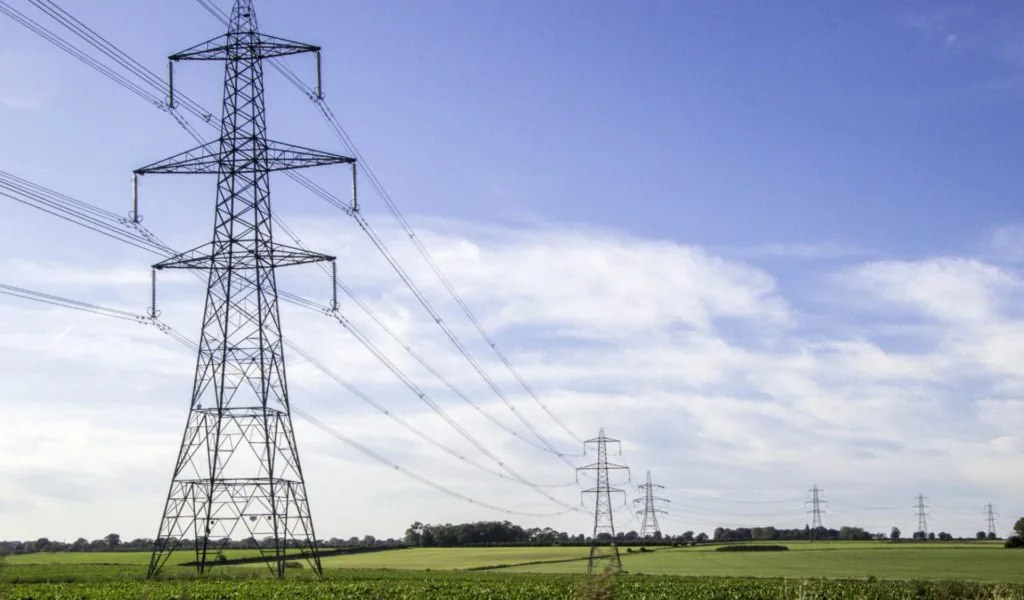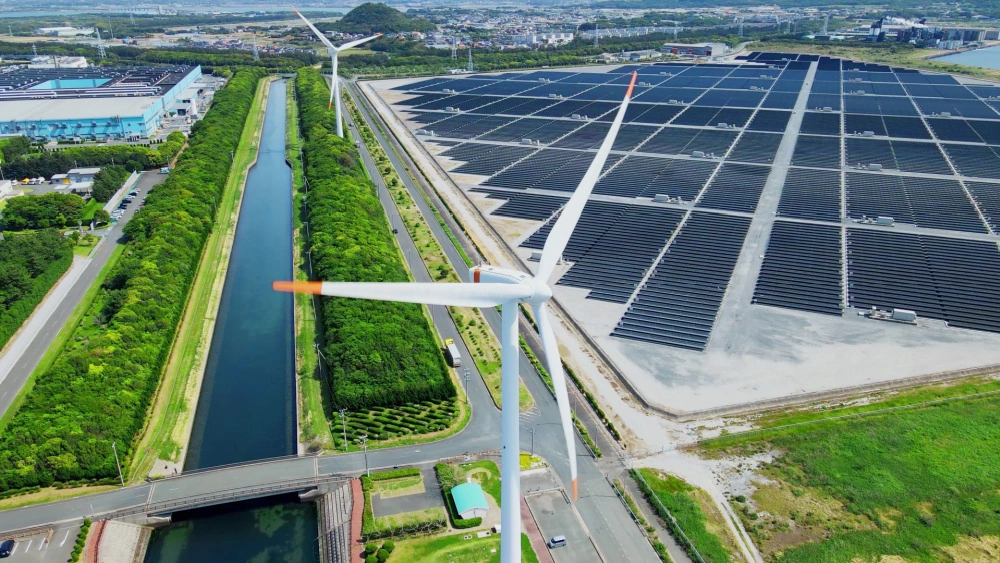
Compulsory Purchase Powers: what has changed under the Levelling up and Regeneration Act 2023?

By Christian Silk, Kee Evans, Sophie Jacobs
4 Dec 2023 | 1 minute read
The Levelling Up and Regeneration Act 2023 (LURA) aims to encourage regeneration. Compulsory purchase powers are a key tool that can be used by local authorities to enable delivery of projects. However, as we have seen before in relation to compulsory purchase, the government has made some changes but avoided a wholesale shake-up of the system.
Currently, if project could be suitable for alternative development a landowner can claim development value for the land without having to provide comprehensive details for the proposal. The LURA requires any claimant to obtain a certificate of appropriate alternative development (CAAD) to confirm that planning permission could be obtained rather than there just being a possibility of planning permission being granted.
This is intended to reduce the often-high sums requested for sites to be acquired where landowners are claiming alternative development. Such claims are often drawn-out, and the process is misunderstood, and it may penalise those with an obvious claim, if this is not recognised by the local authority.
The LURA makes it a statutory requirement to publish a copy of any CPO online. Whilst it is useful to have this formalised it is something that is already becoming common practice.
The right to an inquiry previously enjoyed by objectors becomes a right to a hearing. This will remove the ability for cross-examination, but it will make the overall process less formal and enable fuller participation.
Acquiring authorities will be able to apply to exercise CPO powers for a longer period than the standard 3 years. Whilst this may appear to be helpful to acquiring authorities, this could delay projects and cause uncertainty for landowners.
















